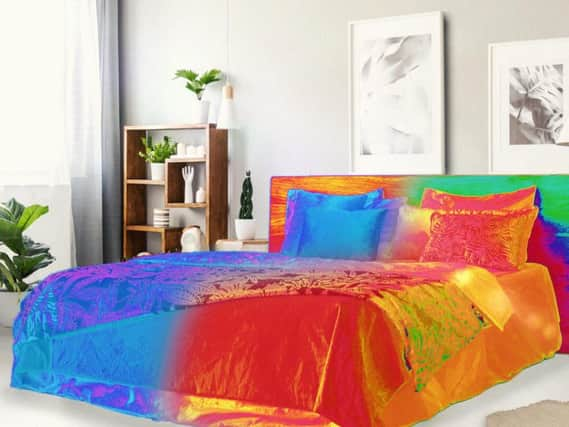Eco homes of the future 'will have giant battery' to store solar energy


More than two thirds of those polled said they would like a more eco-friendly home, but almost two in 10 do not know how to go about it and over two thirds think it is too expensive. Despite this, 81 per cent of Scots are interested in new technology which would make their homes greener.
The poll from Smart Energy GB, also showed that owning a composting bin and energy efficient whitegoods, and having a smart meter and a water efficient showerhead installed, are just some of the small steps the nation is already taking to create a more sustainable way of living.
Advertisement
Hide AdAdvertisement
Hide AdOthers anticipate a life where we can live entirely on recycled rainwater, or even having micro-turbines in homes to help generate energy.
Futurologist Dr Ian Pearson, said that other possibilities for a smart eco home include smart toilets, living rooms which transform colour, texture and shape via voice-command, community-based electric vehicle car-pooling and living kitchens with hydroponic fruit and veg gardens.
He said: “The future will give us richer lives with a lower environmental impact. It’s encouraging to see adults will prioritise reducing their energy demand via smart windows, solar panels and paints, and small wind energy harvesters, and then using smart meters to allow any extra energy to be sourced from renewables.”
He added: "Making homes greener certainly won’t mean making them low tech. With the Smart E-Home, it will be possible for us to entirely redecorate our homes without buying new fixtures or fittings. Instead we’ll use augmented reality and smart furniture made from reconfigurable materials.
"Our homes will use renewable energy, stored in home batteries, and will make our lives easier. Hydroponics, for example, will grow fresh salad and herbs, reduce the number of trips to shops while improving our diet. Special LED lighting will provide the colours of light that plants prefer, avoiding waste, and of course smart meters can provide the energy for this lighting when it is cheapest.